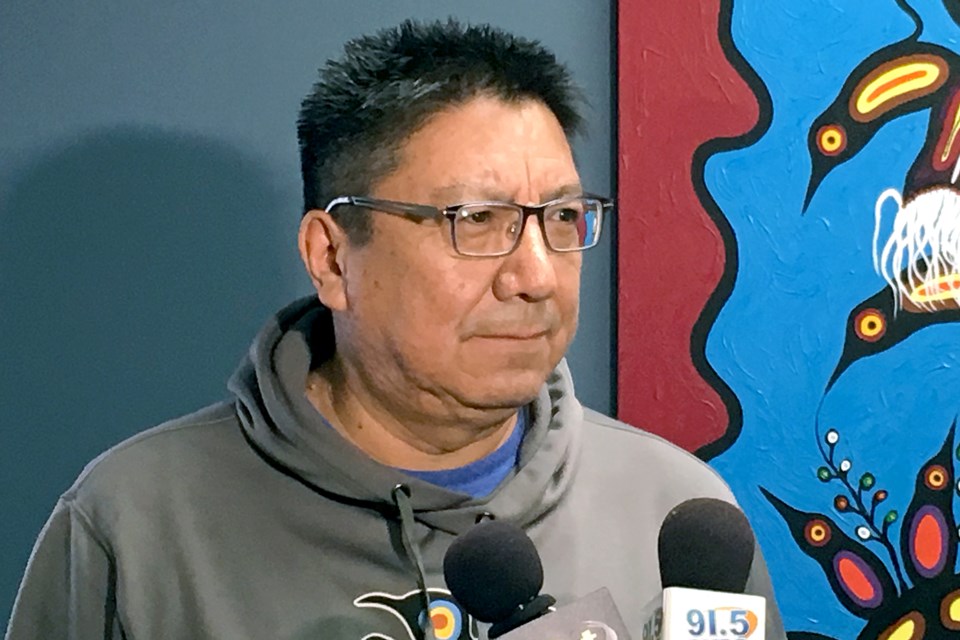THUNDER BAY – The leader of Nishnawbe Aski Nation says he's disappointed at the federal government's decision to delay the release of a long-awaited action play on murdered and missing women and Indigenous girls.
Grand Chief Alvin Fiddler on Wednesday said it's been a year since a comprehensive 1,200-page MMWIG report was tabled, stating that after the initial attention the report got, it's been pushed to the back burner in recent months.
This has led to disastrous consequences in many instances, he said.
“The report details horrific circumstances that Indigenous women and girls face on a daily basis – many of those leading to tragic consequences. Unfortunately, the COVID-19 pandemic has only exacerbated some of these factors,” Fiddler said in a statement.
“Nishnawbe Aski Police Service is reporting an increase in the number of domestic violence calls that it has received, and perhaps more concerning, is the deafening silence from women who are facing violent situations that there may be no easy escape from in this new reality.”
Getting it right is important, but it can't be the only driving factor in determining the timeline, Fiddler said.
“The work is long overdue. I cannot accept that in one year, there is nothing that we can all meaningfully act on. I am also concerned at the lack of communication from the Federal government despite our efforts to engage on the work,” Fiddler said.
“We will be keeping a very close eye on this work at NAN. It cannot be overstated how crucial it is that we all take this seriously.”
Crown-Indigenous Relations Minister Carolyn Bennett said the pandemic has made it impossible to deliver on an earlier promise to present the action plan next month.
"We know it's urgent and people are impatient but I think we also know that, and what we've been finding over these last months, it is often the same people on the front lines of COVID-19 who are on the front lines of keeping Indigenous women and girls and their families safe," Bennett told the Canadian Press.
The report addressed a number of areas of concern, including food security, more funding for women's shelters and over crowding. The action plan was the most pressing of the recommendations.
Bennett could not give a new timeline for the plan's release.
"Some of it will track with what happens with COVID, depending on a second wave," she told the Canadian Press.
"We are committed to getting this done and having a quality plan that will address the issues that the families and survivors have identified."
